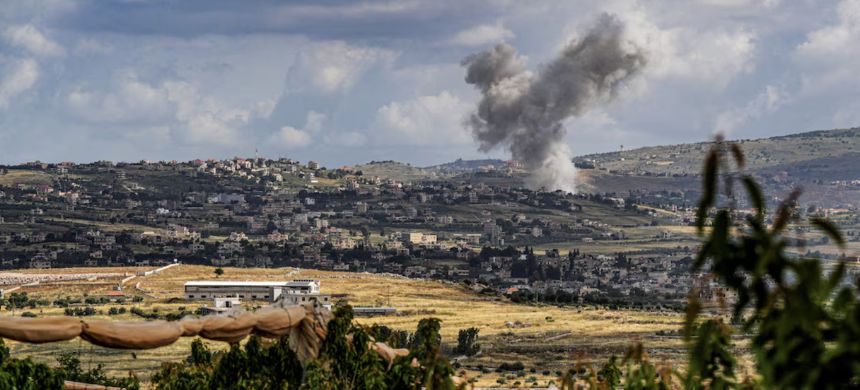The conflict between Hezbollah and Israel is unfolding amid financial and political crises in Lebanon, compounding the risks for the fragile country if hostilities escalate into a full-blown war.
Background of the Conflict
Hezbollah, an Iran-backed group, and Israel have exchanged fire since the Gaza war began in October. Tensions rose significantly after Israel accused Hezbollah of killing 12 children and teenagers in a rocket attack on a football field in the Israeli-occupied Golan Heights. Hezbollah denied responsibility for the attack.
Also Read: Israel’s New Demands Complicate Gaza Truce Agreement
Economic Meltdown
Lebanon’s ongoing economic crisis, which started in 2019, is one of the most severe depressions of modern times according to the World Bank. Key points include:
- Collapse of the Currency: The Lebanese pound has plummeted, destroying the banking system and crippling the state’s functionality.
- Poverty and Unemployment: Poverty has tripled, affecting 44% of the population, with one in three Lebanese living in poverty as of 2022.
- Public Sector: Public sector workers are severely impacted, with salaries decimated. Some aid from Qatar and the US has slightly boosted Lebanese army wages.
- Reform Stagnation: The government has failed to implement necessary reforms, leaving the economy in a dire state.
Political Tensions
Lebanon has been without a head of state or a fully empowered cabinet since October 2022, leading to a significant power vacuum:
- Presidential Void: Michel Aoun’s term ended without a successor, leaving Prime Minister Najib Mikati’s government in a caretaker role.
- Sectarian Divisions: The presidency, reserved for Maronite Christians, remains unfilled due to deep-seated rivalries and the lack of foreign mediation.
- Hezbollah’s Role: Hezbollah’s involvement in the conflict is criticized by opponents, who accuse the group of unilaterally dragging Lebanon into further conflict.
Syrian Refugee Crisis
Lebanon hosts approximately 1.5 million Syrian refugees, the largest per capita refugee population globally:
- Strain on Resources: The refugee influx has strained Lebanon’s already limited resources and infrastructure.
- Funding Shortfalls: Donor fatigue and competing global conflicts have reduced funding for Syrian refugees in Lebanon.
- Consensus on Repatriation: Despite internal differences, Lebanese political factions agree on the need for Syrian refugees to return to their home country.
Current Situation and Future Risks
The conflict has displaced approximately 95,000 people from southern Lebanon, according to the UN Office for the Coordination of Humanitarian Affairs. The ongoing hostilities and economic and political instability heighten the risk of a full-blown conflict that could further devastate Lebanon.
The intertwined crises of economic collapse, political paralysis, and the Syrian refugee situation place Lebanon in a precarious position, making the potential for escalated conflict with Israel particularly perilous.











